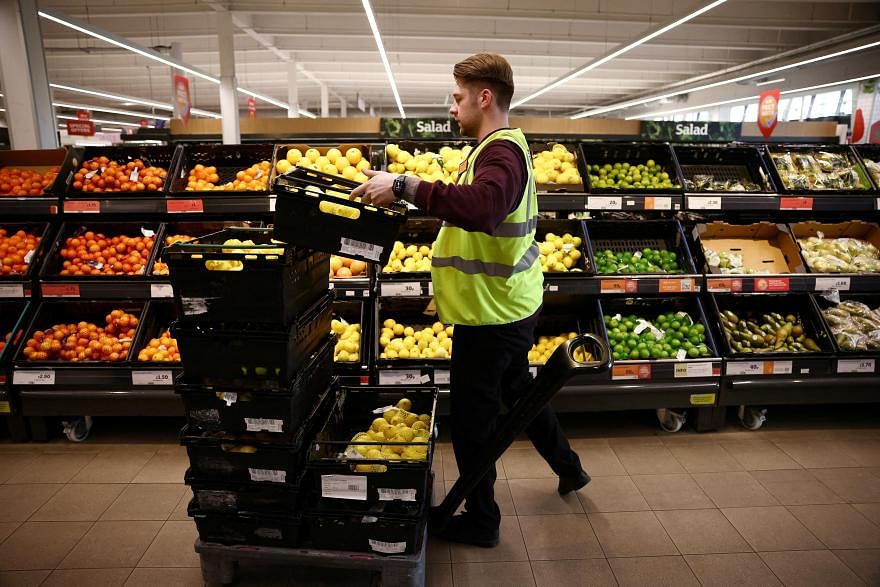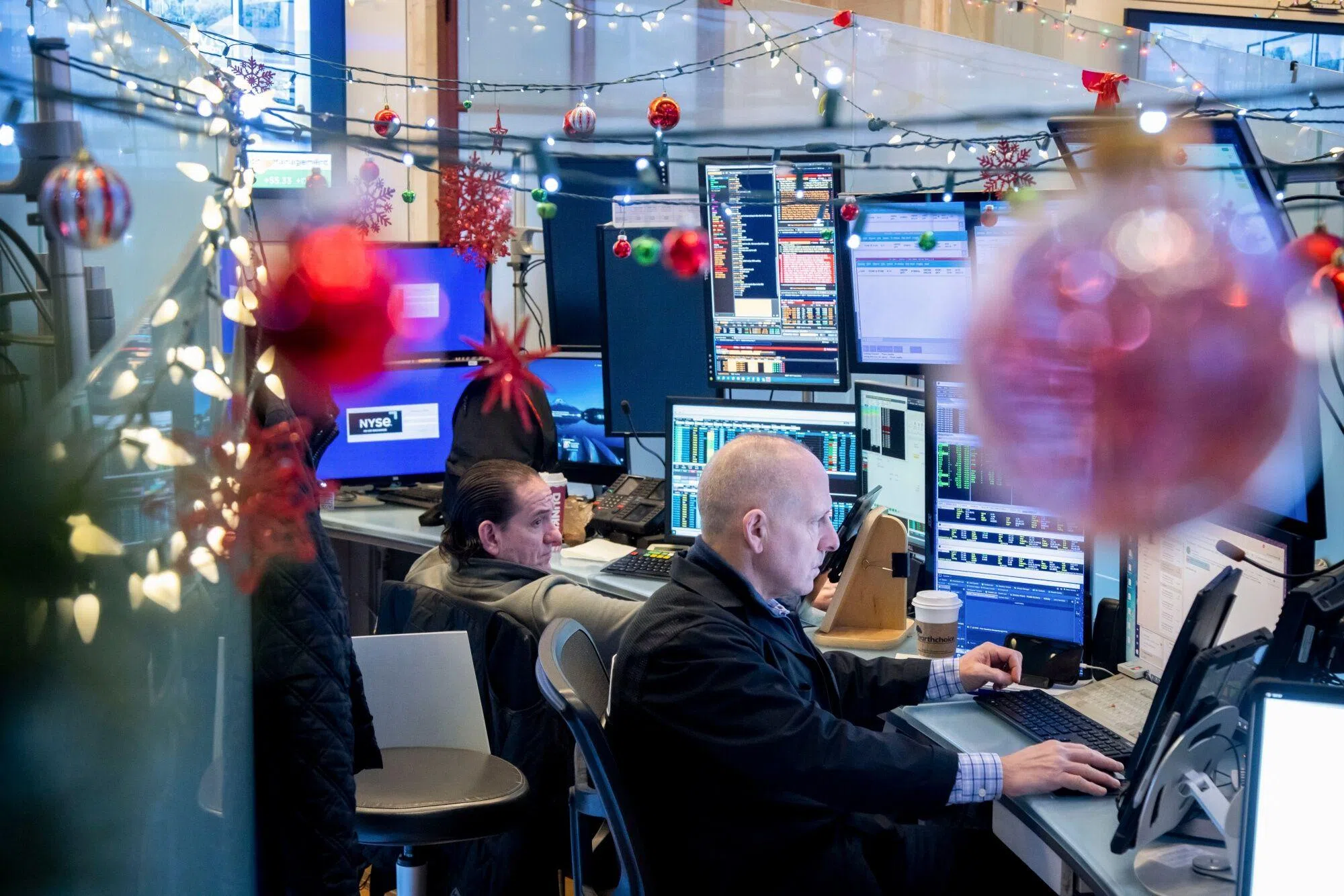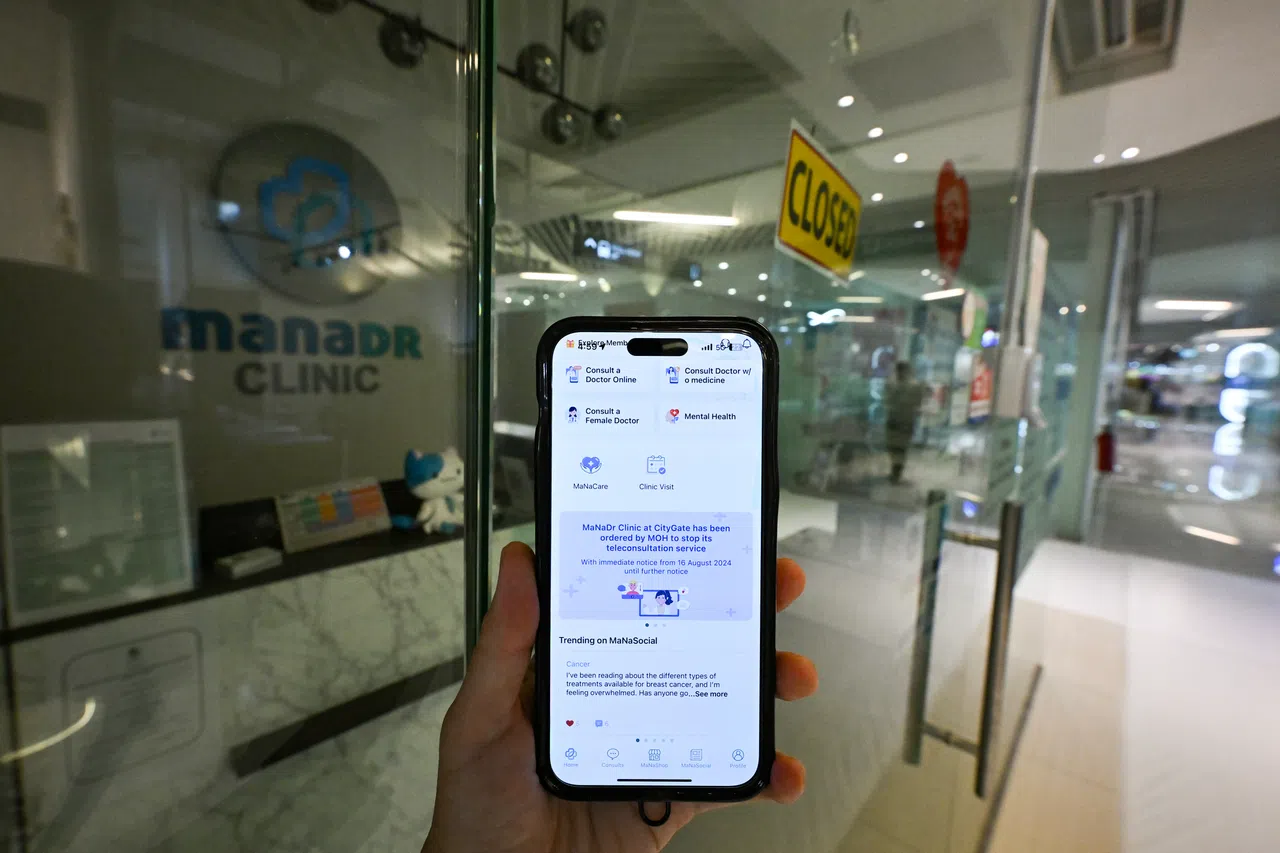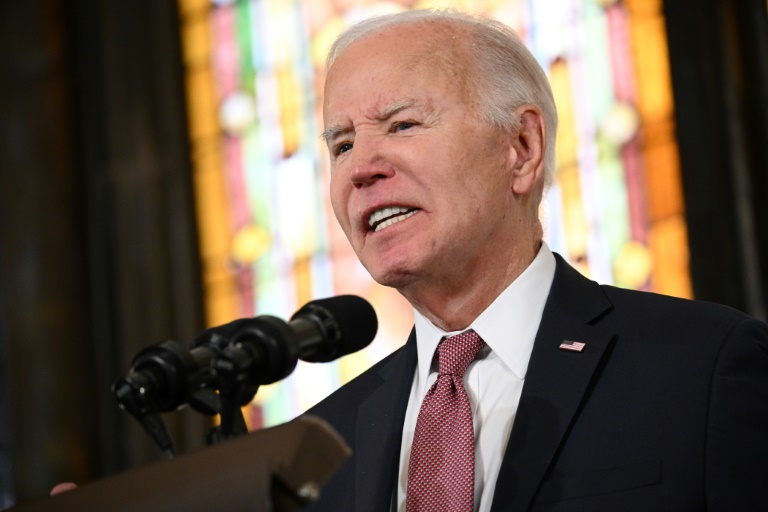SAINSBURY plans to cut costs by £1 billion (S$1.69 billion) and buy back shares as part of an updated strategy that promises to sharpen the supermarket chain’s focus on food sales.
Britain’s second-largest grocer intends to reduce costs over three years and the business will also buy back £200 million of stock over the next financial year as part of the plan announced on Wednesday (Feb 7) morning.
Sainsbury’s said it will dedicate more store space to selling food, rather than clothing or general merchandise, so that customers access the fullest possible range of groceries.
The shares fell 3.6 per cent in early trading on Wednesday and are now little changed from one year ago. The size of the buyback “may seem disappointing at first glance,” wrote Bloomberg Intelligence analyst Charles Allen, although he added there could still be scope for higher shareholder returns. Bernstein’s William Woods, meanwhile, said Sainsbury’s latest “commitments are a bit fluffy” but welcomed confirmation of the buyback.
It’s the second phase of chief executive officer Simon Roberts’ strategy to focus on food, first introduced in 2020 soon after he took up the role.
The supermarket’s food business has been performing strongly, helped by offers for loyal customers through the Nectar Prices programme which started last year. Still, there’s tough competition from discount grocers Aldi and Lidl who have gained market share during Britain’s cost-of-living crisis, while Tesco is winning shoppers with Clubcard prices, its own loyalty programme.
Sainsbury’s was one of the stronger performing grocers at Christmas, growing its market share to a three-year high of 15.8 per cent, according to Kantar. The supermarket also saw better sales growth than Aldi in the 12 weeks to Jan 21.
Sainsbury’s expects retail operating profit to grow from the start of the new plan. It said it would lift capital spending to as much as £850 million per year, on top of a plan to offer more charging points for electric vehicles. The company will open 75 new local stores, it said.
Clothing and general merchandise sales through the Tu and Argos businesses proved a weak point for Sainsbury’s in the run-up to Christmas. General merchandise commercial director Paula Nickolds, in charge of the Argos, Habitat and Tu businesses, is leaving to become CEO of The White Company, starting at the end of March.
The company said on Wednesday that it wants to attract more shoppers to buy general merchandise items from Argos.
Sainsbury’s announced a “phased withdrawal” from its banking division last month as part of its wider aim to focus on its core food business.
The company forecast retail free cash flow of at least £500 million per year and now expects at least £1.6 billion over the next three years. BLOOMBERG







